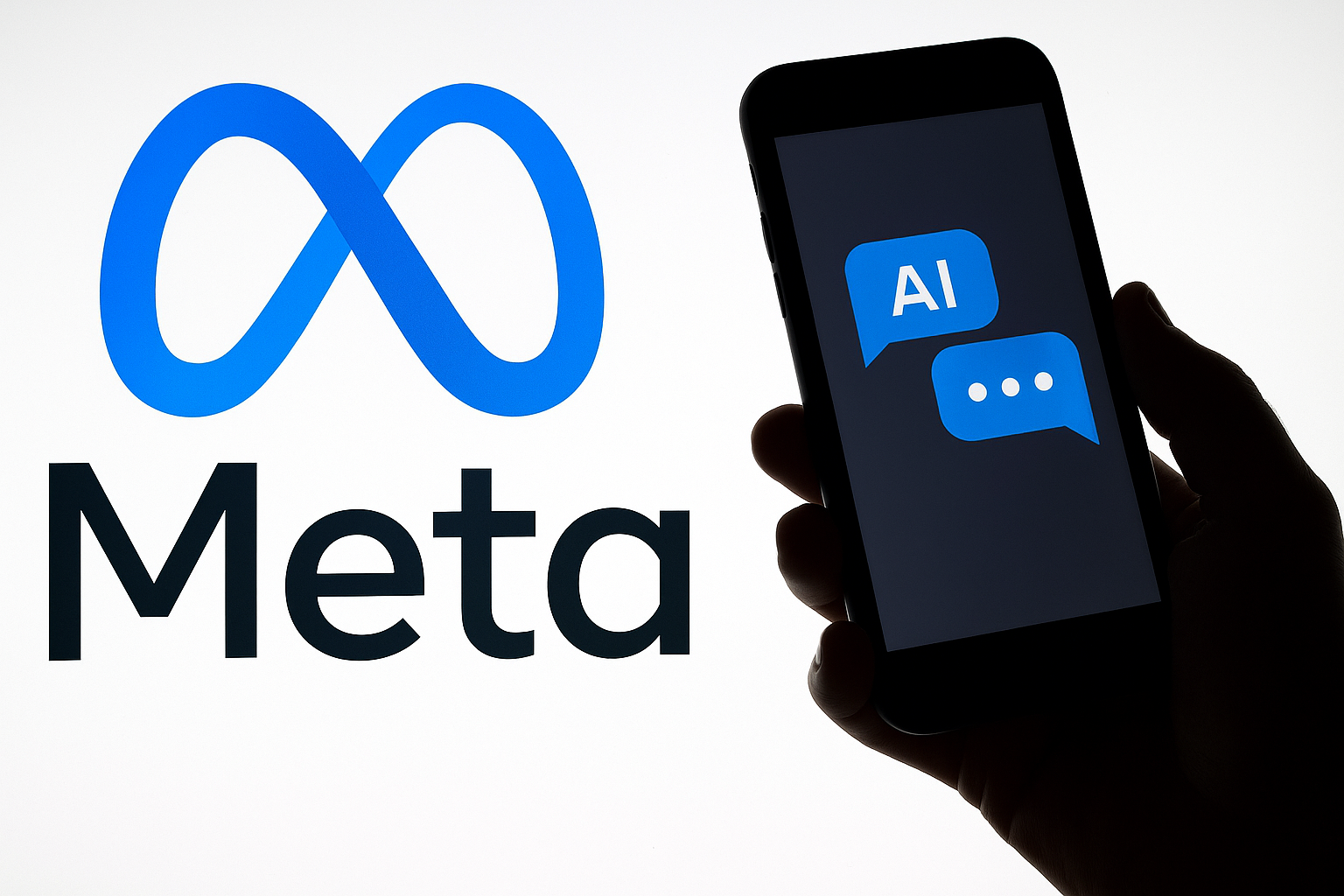Meta is taking steps to monetise conversations between users and its Meta AI chatbot. Meta AI-targeted ads will soon become a significant part of this monetisation strategy. Starting 16 December 2025, the company utilises interactions from Facebook, Instagram, WhatsApp, Messenger, and its standalone AI app to refine ad targeting and content recommendations. With over 1 billion monthly users engaging with Meta AI, this decision signals a new chapter in how digital conversations are turned into data-driven insights.
What’s Happening & Why This Matters
Adam Mosseri, head of Instagram, stressed that Meta isn’t secretly listening to microphones. “I swear, we do not listen to your microphone,” he said. Instead, the company is banking on what people willingly share with AI. If a user chats with Meta AI about planning a family trip, they might later see ads for hotels or family activities on their feeds. If they discuss hiking, their Facebook Reels and Instagram Explore pages may feature content focused on outdoor gear and trails. Meta AI targeted ads transform the user experience in similar scenarios.

Christy Harris, Meta’s privacy and data policy manager, described the change as a “natural progression” in personalisation. She explained: “We want to be super transparent… this will help give us even better recommendations for people.” Ultimately, Meta AI targeted ads aim to enhance personalisation.
However, the rollout raises questions about privacy and regulation, especially in Europe. While U.S. users are the first to experience the change, Meta confirmed that the UK and EU will follow after regulatory reviews under the GDPR. Notably, there is no direct opt-out. Users who don’t want their AI chats used for ads will have to avoid using Meta AI altogether.

Meta insists that certain sensitive categories — politics, health, religion, and sexual orientation — will not be used for targeted advertising. Still, critics argue that people often share personal struggles with chatbots, and these interactions could blur the line between helpful recommendations and invasive profiling. The concern around Meta AI targeted ads is part of this discussion.
The move also reflects a larger trend: AI chatbots are fast becoming commerce engines. Watchers note that people are increasingly preferring to buy through chat-based interactions. In fact, OpenAI recently launched in-app shopping via ChatGPT, though it doesn’t yet rely on ads. Meta, by contrast, already earned $46.5 billion in ad revenue last quarter, a 21% year-over-year increase, highlighting the financial stakes behind this pivot.
TF Summary: What’s Next
Meta’s update is a test of trust between users and AI-driven personalisation. Meta AI targeted ads are central to this update. For now, the social media leader is betting that people will accept the tradeoff between convenience and privacy. Especially if targeted ads make their feeds feel more relevant and personalised.
MY FORECAST: Expect growing scrutiny from EU regulators, especially as Meta navigates GDPR compliance. Users may resist once they see how personal their ads become. Competitors can capitalise on this moment by offering AI shopping experiences with enhanced privacy controls. If adoption continues, chatbots may soon replace search engines and even e-commerce platforms as the go-to channel for online shopping.
— Text-to-Speech (TTS) provided by gspeech


